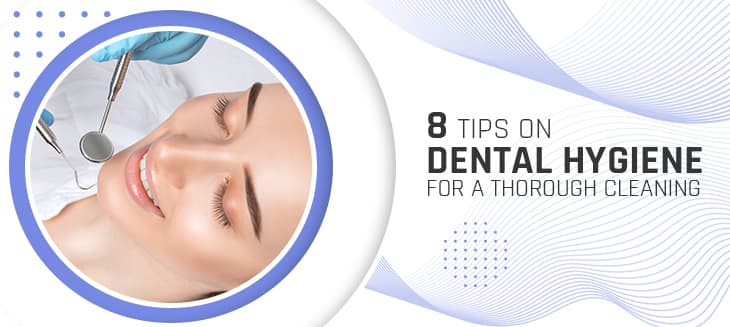Myths and Facts About Dental Plaque
Plaque. It's a word that makes even the most diligent brushers cringe. But how much do you really know about it? Let's separate fact from fiction and explore what dental plaque actually is.
What Is Dental Plaque?
Dental plaque is a soft, sticky biofilm that constantly forms on your teeth. It's composed of bacteria, food particles, and saliva. If not removed regularly, plaque hardens into tartar (calculus), which only professional cleaning can tackle.
Common Myths About Plaque
- Myth: Brushing harder removes more plaque - Fact: Gentle brushing with proper technique is more effective.
- Myth: Only sugary foods cause plaque - Fact: All foods can contribute to plaque formation.
- Myth: Plaque is harmless - Fact: Plaque leads to cavities and gum disease if left untreated.
Conclusion
Understanding the truth about dental plaque empowers you to take better care of your teeth. Regular brushing, flossing, and professional cleanings are your best defence.









